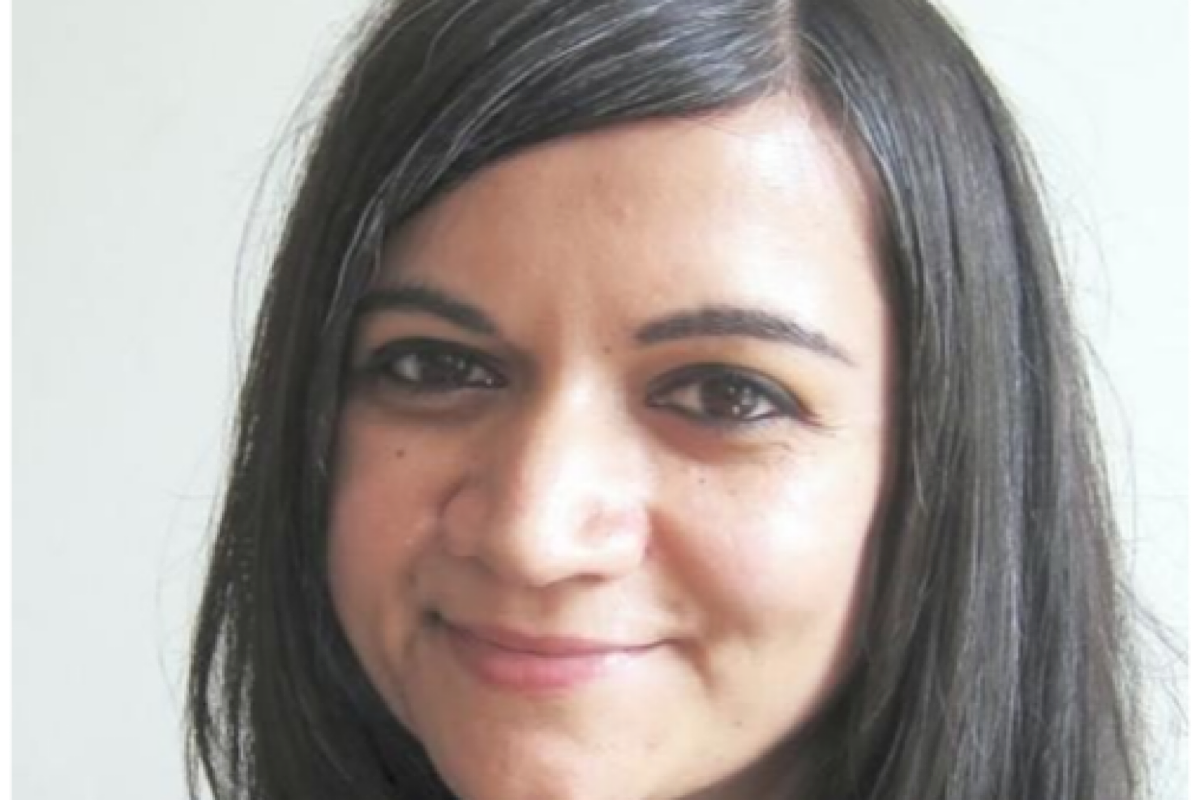Translation & Identity~II
Despite the problematics that are embedded within translation practices, it is translation as cultural transfer that sensitizes the world about cultural diversity.

British-Indian Chetna Maroo’s debut novel on Booker longlist Photo: IANS)
Chetna Maroo, a British-Indian writer, has earned a spot on the longlist for the 2023 Booker Prize with her debut novel, titled ‘Western Lane’. The upcoming announcement of the £50,000 prize winner is set to take place on November 26 at a London event hosted in Old Billingsgate.
Let’s take a closer look at the background of Chetna Maroo. Her inaugural work, ‘Western Lane’, a 160-page novel, made its debut on February 7 of this year. The narrative of ‘Western Lane’ revolves around the life of an 11-year-old girl named Gopi and her intricate relationships within her family. The book, spanning 176 pages, was published by Pan Macmillan.
Chetna Maroo resides in London and has contributed her stories to esteemed publications such as the Paris Review, the Stinging Fly, and the Dublin Review. Her literary accomplishments also include being honored with the 2022 Plimpton Prize for Fiction, a prestigious recognition bestowed by the Paris Review to acknowledge exceptional works of fiction published in the magazine during the preceding year.
Advertisement
Interestingly, before embarking on her writing career, Chetna Maroo had worked as an accountant, a lesser-known facet of her professional journey.
In a reflective moment about her creative process, Chetna Maroo shared insights during an interview, where she explained that the book had been essentially crafted as a compilation of dense short stories, mostly in the first person.
She mentioned that as she delved into these narratives and explored other novels, she encountered the challenge of maintaining a consistent narrative voice. This challenge was particularly pronounced when she had to switch between the perspective of the child and the retrospective narrator. Taking a break and immersing herself in various readings ultimately led to a significant breakthrough.
She noted that the very first page, which she had originally penned and read aloud, remained unaltered throughout the writing process and acted as her guiding principle. Whenever she felt adrift during her writing, she would revisit that opening page, which she considered a steadfast anchor for her creative orientation.
Advertisement